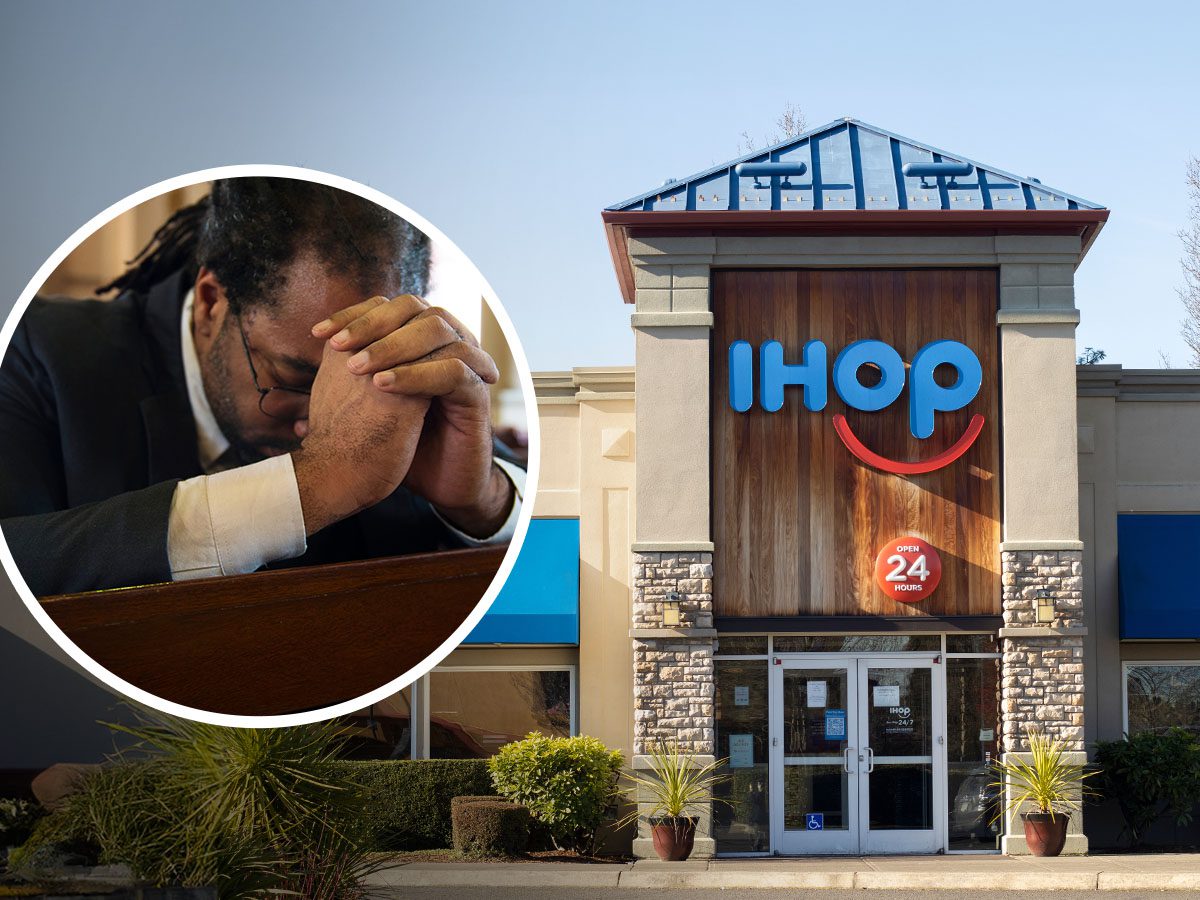
The U.S. Equal Employment Opportunity Commission (EEOC) has released a statement that a Charlotte IHOP will pay $40,000 to a cook who was fired after refusing to work Sundays for religious reasons. The cook, who has remained anonymous, began working for the Charlotte IHOP in January 2021 and was granted a religious accommodation to not work Sundays to partake in religious observances. However, according to the employee, a change in management in April led to conflict, with the new manager requiring the employee to work Sunday, April 25 and Sunday, May 9. The manager also allegedly made hostile statements about faith, saying, “religion should not take precedence over [the employee’s] job” and allegedly accusing that the employee “thinks it is more important to go to church than to pay his bills.” The employee said he was fired after refusing to work anymore Sundays.
The EEOC filed a lawsuit against IHOP on behalf of the employee over a year ago, alleging religious discrimination. The EEOC accused the IHOP of violating Title VII of the Civil Rights Act of 1964, which makes it unlawful for an employer “to fail or refuse to hire or to discharge any individual, or otherwise to discriminate against any individual with respect to his compensation, terms, conditions, or privileges of employment, because of such individual’s race, color, religion, sex, or national origin.” “Religious discrimination is intolerable,” Taittiona Miles, lead trial attorney for the case, said. “Employers must respect all sincerely held religious beliefs, which includes providing reasonable accommodations when no undue hardship exists.” Melinda C. Dugas, regional attorney for the EEOC’s Charlotte District noted that accommodations for religious observances “is protected activity under federal law.” As part of the settlement, the IHOP will pay the employee $40,000 and provide annual training to managers on Title VII. The settlement will also require a a notice to employees about the settlement in all 17 North Carolina locations.
The lawsuit was filed just one month before the Supreme Court ruled unanimously in favor of a Christian postal worker who was forced to resign rather than work Sundays after the post office refused to accommodate him. The new ruling revised the “undue hardship” definition that many employers had used in the past to justify firing employees for requesting religious accommodations. A previous ruling had declared that employers could refuse a religious accommodation if it brought “more than a de minimis cost” to the business. The new ruling removed the “de minimis” cost and revised the definition to be in line with other federal guidelines.


